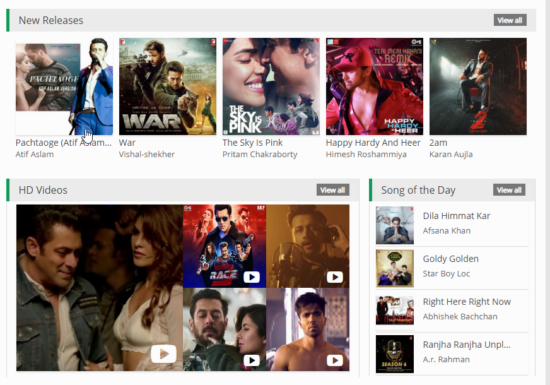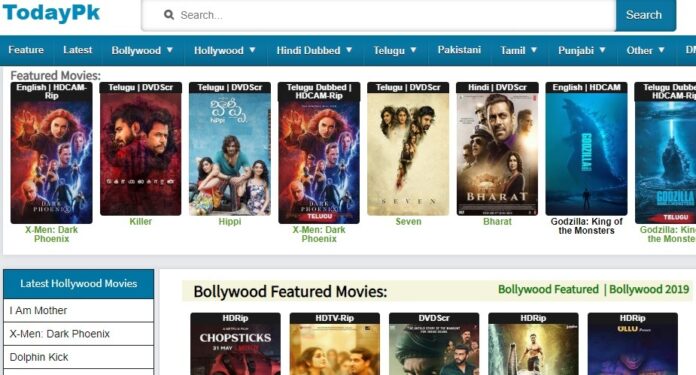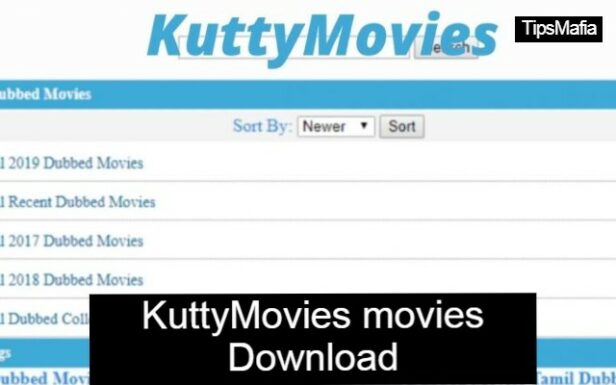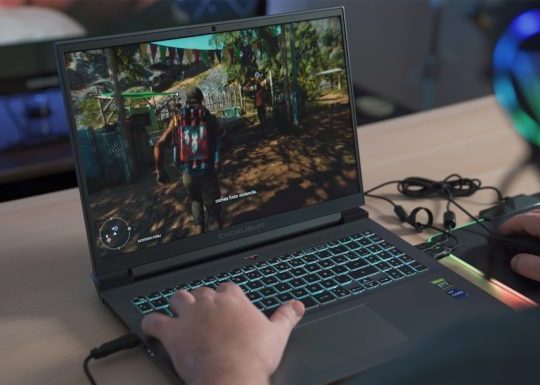Buying a business can be exciting. It’s like stepping into a ready-made dream. Someone else did the hard work—built the brand, found customers, hired great people—and now it’s your turn to take it further.
But dreams can be tricky. Especially when you’re using seller financing.
In seller financing, the seller acts like the bank. You pay part of the price upfront, and then send monthly payments (plus interest) to the seller over time. It’s super helpful if you don’t have all the money right away.
Still, you have to be careful. You don’t want to buy a lemon dressed up like a lemonade stand.
That’s where due diligence comes in. It’s the process of checking every nook and cranny of the business before you say “yes.”
Why Seller Financing Is a Double-Edged Sword
All Heading
Seller financing has upsides:
- Less need for hefty loans
- More negotiating power
- Sellers stay invested in the success of the business (because they want to get paid)
But here’s the catch: if something’s wrong with the business, seller financing won’t save you. It might even tie you to a long-term payment commitment on a business that’s failing.
So let’s talk about your Due Diligence Checklist—the fun (but critical) treasure map to finding out if the business is worth buying. 🔍
🧾 1. Financial Statements
This is step one. Numbers tell stories. Make sure you understand the story this business is telling.
- Balance sheets (for the last 3 years)
- Profit and loss statements
- Cash flow statements
- Tax returns
Look for: Consistent profits, healthy cash flow, and manageable debts.
If something looks confusing, ask. Hire a CPA if you need to. You don’t want surprises like “Oops, we forgot to tell you—we’re being audited.”
📦 2. Assets & Inventory
What exactly are you buying?
- Furniture and equipment
- Vehicles
- Inventory: check both quantity and condition
- Intellectual property (like patents and trademarks)
Inspect it. Test it if you can.
If any of it is leased or financed, get the terms in writing. You’re not just buying stuff—you’re buying the responsibility that comes with it.
👥 3. Employees and Contracts
A great team is invaluable. But make sure you understand:
- Who works there and what they do
- Salary and benefits
- Employment contracts
- Any labor disputes or pending lawsuits
You’ll also want to see:
- Customer contracts – especially big accounts
- Supplier agreements
- Lease agreements
Pro tip: Talk to key employees if you can. See who’s planning to stay. A business is more than numbers—it’s people too.

📍 4. Location, Leases & Licenses
If the business has a physical location, know the details of their lease.
- Is it transferable?
- How long is left on the lease?
- Any planned rent hikes?
Licenses and permits are super important too. You can’t run a food truck without a health permit. You shouldn’t operate a liquor store without the right licensing.
Make a list of all necessary permits and verify each one. No guessing allowed.
💰 5. Debts and Liabilities
Dig deep. The seller might owe money you don’t want to inherit.
- Loans
- Credit lines
- Pending lawsuits
- Tax obligations
- Unpaid bills
This is a step where it really helps to have an attorney. They can sniff out hidden risks like unpaid payroll taxes or environmental liabilities.
🤝 6. The Terms of the Deal
You’ve checked the business. Now make sure the deal is fair, too.
- Purchase price
- Down payment
- Interest rate
- Monthly payments
- Payment term (e.g. 5 years)
What happens if you miss a payment? Or want to pay the loan off early? Or the business tanks in year two?
All of that should be spelled out in your seller financing agreement.
And don’t forget—get it in writing. Verbal promises are worth about as much as whispers in the wind.
📣 7. Market and Reputation
Is this a hot business? Or yesterday’s hero?
- Review online ratings
- Google the brand to see current news
- Talk to customers if possible
Check if the industry is growing or shrinking. You wouldn’t buy a DVD rental store in 2024. Even if it’s profitable now, what’s the future look like?

Also, consider competition. What do they offer that this business doesn’t?
🏁 8. Transition Plan
What happens after you take over?
Will the seller:
- Stick around for training?
- Introduce you to key clients?
- Help with staffing or vendors?
Include it in the agreement! Don’t assume they’ll “help out.” You’re becoming the captain of a moving ship—make sure you’re not alone on day one.
🧠 Bonus Tip: Gut Check
Numbers matter. Contracts matter. So does your feeling.
Ask yourself:
- Do I understand this business?
- Can I see myself running it?
- Are there any red flags I’m ignoring?
You wouldn’t marry someone after only seeing their resume. Don’t buy a business without taking a close look under the hood.
Wrapping It Up
Buying a business with seller financing can be amazing. But only if you know what you’re doing—and what you’re buying.
Use this checklist as your guiding light. Seriously, print it out. Check off each item. Bring in professionals when needed.
In the end, it’s not just about signing a deal. It’s about making a smart move that grows your future.
Happy business hunting! 🎯













Recent Comments